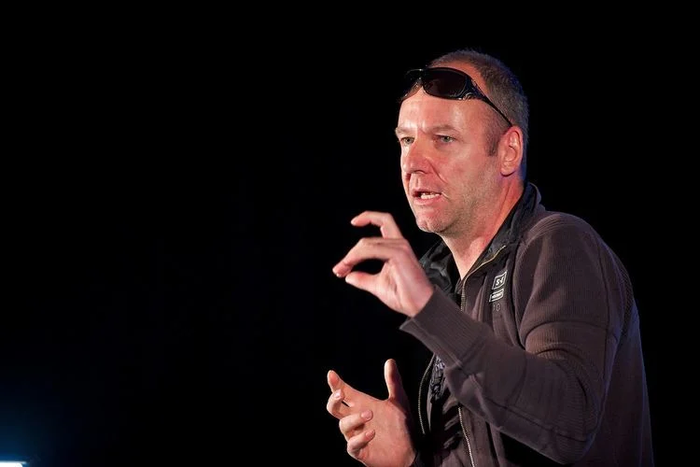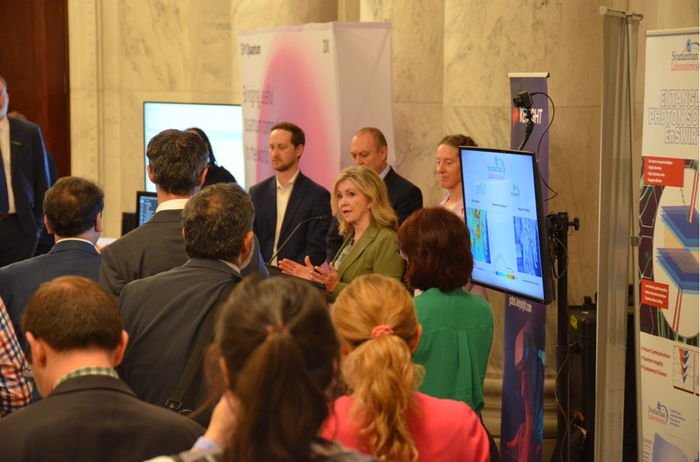
Connects decision-makers and solutions creators to what's next in quantum computing
Research Aims to Make Quantum Artificial Intelligence More Human
Quantinuum and Chubu University are applying quantum theory to models of language, meaning and psychology

Quantum computing and artificial intelligence are coming together in new research into quantum computational linguistics and cognition.
The study aims to shine a light on hard-to-explain psychological effects, such as deriving meaning from context the role of context in generating meaning in text, or phenomena such as the “question order effect.”
The research will be led by Quantinuum’s professor Bob Coecke and Chubu University’s Masanao Ozawa, both experts in quantum models of artificial intelligence. They plan to establish an interdisciplinary aimed at building future applications in quantum artificial intelligence.
The multi-year project will focus on developing compositional models for cognition with potential applications for taking advantage of the latest generation of quantum computers.
“The pioneering work of Professors Ozawa and Coecke reveals the enormous and increasingly relevant potential of quantum computing to truly revolutionize artificial intelligence,” said Quantinuum founder and chief product officer Ilyas Khan.
“Both linguistics and cognition remain intractable to classical computing simulations, but both are amenable to being fully and responsibly exploited by quantum computing. Fields like AI have long been synonymous with advances in quantum computing and Quantinuum has established itself as the world leader in the application of quantum computing to areas related to cognition, such as quantum natural language processing and quantum machine learning.”
Coecke is a quantum artificial intelligence specialist and has for two decades carried out research into categorical quantum mechanics and quantum computational linguistics. Ozawa is a quantum information and foundations pioneer who derived and verified through experiment Ozawa's Inequality, a theorem that corrects the Heisenberg Uncertainty Principle. He has since led research into a quantum operational approach to cognitive psychology.
This partnership builds on earlier discoveries by Coecke and Ozawa that there are parallels between quantum and cognitive systems, exploring the application of the mathematical structures of quantum theory to observed features of human language and cognition.
About the Author(s)
You May Also Like
.png?width=100&auto=webp&quality=80&disable=upscale)
.png?width=400&auto=webp&quality=80&disable=upscale)




